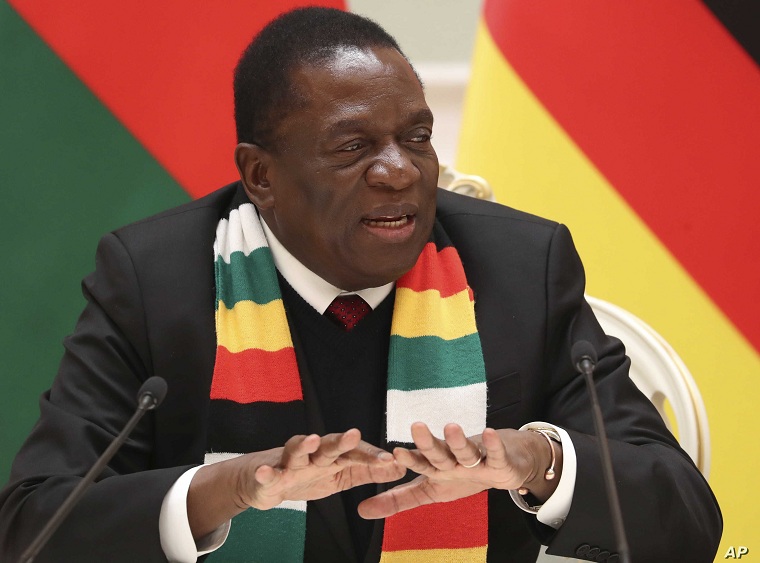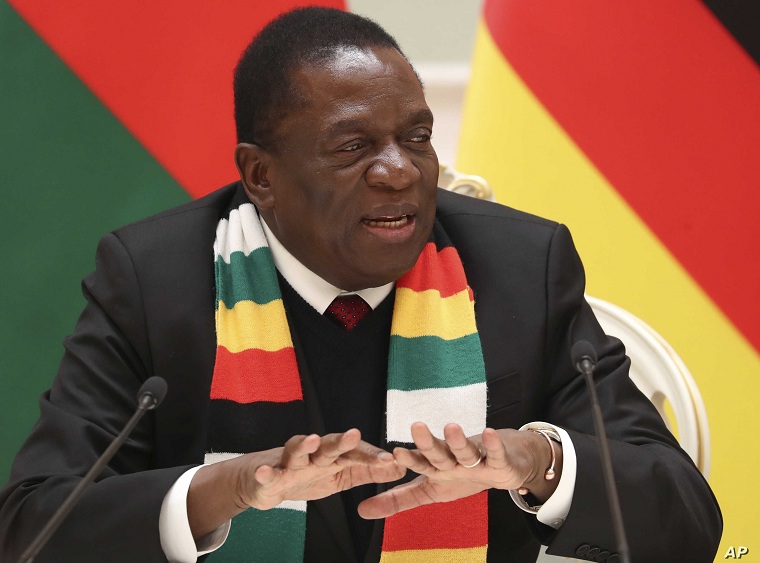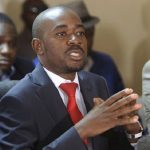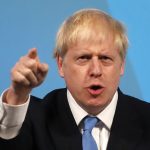

Zimbabwe President Emmerson Mnangagwa today said that there are no quick fixes to Zimbabwe’s economic challenges, stressing that solutions lie in the hands of locals if there is unity of purpose across diverse stakeholders.
Speaking at the historic inaugural Political Actors Dialogue (POLAD) Economic Summit, Mnangagwa committed to continuously engage with stakeholders as a means to sharing ideas for the benefit of the economy.
POLAD is a grouping of political parties that participated in the 2018 presidential elections save for four, including the Nelson Chamisa led Movement for Democratic Change (MDC), which opted not to join.
The summit, at which no holds barred discussions among politicians, business leaders and diplomats were the order of the day, was aimed at discussing, sharing ideas and making recommendations on ways to accelerate efforts to turnaround the economy.
“No one has monopoly of ideas on how our country can speedily modernise, industrialise, develop and grow. It is only through dialogue and hard honest work that our collective efforts can be fruitful,” Mnangagwa said while opening the forum.
“Let us be realists and acknowledge that to put our country back on its rails will not be an event but a process. There are no quick fixes. We must be bold and stay on course, always seeking sustainable means to resolve our challenges.”
Without directly mentioning the MDC, Mnangagwa called on “those political actors that have not joined this national discourse to join us”.
MDC leader, Nelson Chamisa, who challenged results of the 2018 presidential elections and had his petition dismissed by the Constitutional Court, has insisted he wants exclusive dialogue with Mnangagwa arguing that talking to the smaller parties was “useless” as they do not have any meaningful following.
Mnangagwa has refused to negotiate with Chamisa outside POLAD, insisting that the Constitutional Court resolved the dispute over results of the 2018 Presidential election.
Chamisa failed to produce before the Constitutional Court, evidence of rigging that he had claimed to have in abundance.
Mnangagwa said it was imperative Zimbabweans assist the government to come up with strategies to attract capital, skills, and technologies as well as to increase productivity and trade towards attainment of Vision 2030.
“The impact of sanctions and climate change on the various sectors of our economy are real and should never be ignored. However, we must not bury our heads in the sand,” he said.
“Let us innovate, adapt, and consciously develop programmes knowing that the solutions to all our current economic challenges are in our hands.”
Mnangagwa said Zimbabwe will continue on its reform path despite not getting support from international financial institutions.
“Reforms are for our benefit and we will soldier on,” he said.
Business leaders told the forum that ensuring currency and exchange rate stability, tackling the country’s perceived risk status were key objectives that needed to be tackled to ensure growth.
“If we are not able to stabilise the currency by mid-year or end of year, we must look at an alternative currency,” said Employers Confederation of Zimbabwe President, Israel Murefu.
Government was also called upon to exercise financial discipline and desist from borrowing from the Reserve Bank.
Diplomats from countries including China and South Africa as well as other development partners committed to assisting Zimbabwe in its bid to attain Vision 2030.
Zimbabwe is aiming to have an upper middle class economy in the next 10 years.
Diplomats stressed the need to protect foreign investments as a means to ensure investors feel safe to invest in the country.-New Ziana
(78 VIEWS)


